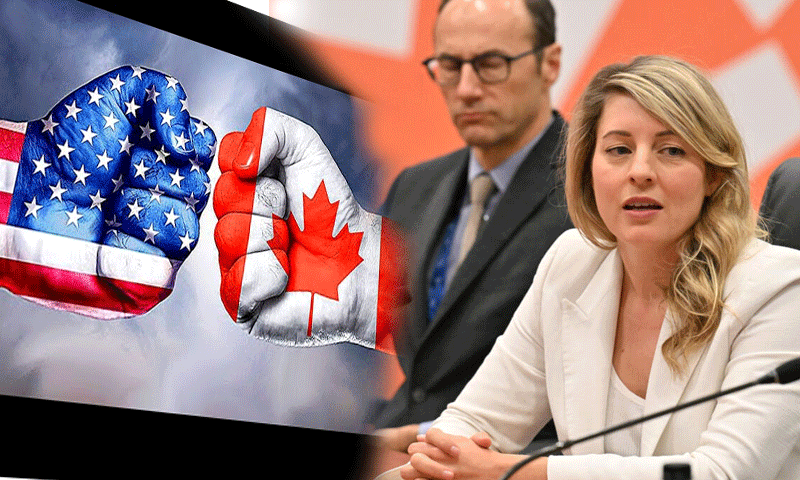UNFPA’s Family Planning Efforts Save Millions of Lives Amid Crisis Situations

Report Highlights the Importance of Contraceptives in Conflict Zones and Emergencies**
In conflict-stricken regions and areas devastated by natural disasters, millions of women face life-threatening challenges during pregnancy and childbirth due to a lack of access to proper healthcare. According to the United Nations Population Fund (UNFPA), family planning services and the provision of contraceptives are essential in saving lives and preventing unwanted pregnancies, particularly in emergency situations.
Sakina Sani, a Nigerian woman, shared her painful experience of becoming a child bride at just 12 years old amid armed conflict and food shortages. She became pregnant at 15, but tragically lost her pregnancy. Despite these hardships, she expressed her determination to protect her daughter from facing similar circumstances. UNFPA’s report underscores how armed conflicts and crises, such as those in Nigeria, the Democratic Republic of Congo (DRC), and Ukraine, lead to forced migration, maternal health complications, and the preventable deaths of women during childbirth.
In such regions, UNFPA has been working tirelessly to provide life-saving services. The organization sets up camps for displaced persons and deploys medical teams to provide essential services, including contraceptives, maternal care supplies, and treatments for hemorrhaging during pregnancy. These emergency supplies play a crucial role in protecting women’s health and ensuring safe childbirth.
A significant challenge during emergencies is the heightened risk of sexual violence, leading to unwanted pregnancies. Statistics reveal that a quarter of adult women globally are unable to refuse unwanted sexual activity, which contributes to an increase in unplanned pregnancies. The risk of maternal death also escalates, especially when the health systems in conflict zones are overwhelmed and unable to provide essential care.
In 2023, UNFPA provided contraceptives worth $136 million worldwide, helping prevent approximately 10 million unintended pregnancies and saving over 200,000 lives by reducing maternal deaths. Moreover, the distribution of condoms and other contraceptives also helps reduce the transmission of sexually transmitted infections (STIs), including HIV.
Despite criticism from some groups regarding the use of contraceptives, modern contraceptives have been shown to be scientifically effective in preventing unintended pregnancies and safeguarding women’s health, particularly in vulnerable settings. As UNFPA continues its efforts to address these critical issues, it emphasizes that family planning is a fundamental human right that saves lives and improves the overall well-being of women and children globally.
As UNFPA’s work expands, the importance of ensuring access to reproductive health services in emergencies becomes increasingly clear, as it directly contributes to reducing maternal mortality and providing women with the agency to make choices about their reproductive health.





